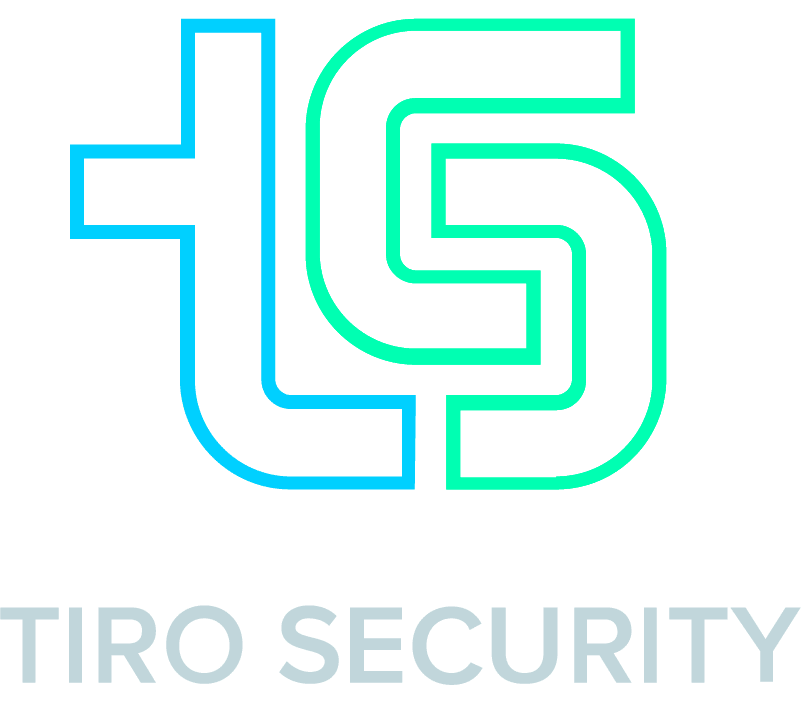Cybersecurity is a fast-moving, high-stakes field that comes with a dizzying array of certifications. From ethical hacking to cloud security, there’s a cert (or five) for nearly every specialty. But which ones are truly essential? Which are nice to have? And what does it actually take to get them? Whether you’re just breaking into the field or leveling up your career, this guide breaks down the must-haves by role, along with what you need to earn each one.
Why Cybersecurity Certifications Matter
Certifications can open doors. They validate your knowledge, help meet job requirements, and often boost your earning potential. In a field where trust and expertise are everything, having the right letters after your name can make a difference.
But not all certs are created equal. Some are deeply technical and hands-on. Others are more policy- or management-focused. Depending on your niche, the value of a certification can vary dramatically.
Some cybersecurity certifications are officially recognized under the DoD 8140 directive (formerly known as DoD 8570.) These certs are required for certain defense-related roles. If you’re aiming for a job with a federal agency or contractor, certifications marked “DoD-approved” meet those specific government standards.

Cybersecurity is a fast-moving, high-stakes field that comes with a dizzying array of certifications. From ethical hacking to cloud security, there’s a cert (or five) for nearly every specialty. But which ones are truly essential? Which are nice to have? And what does it actually take to get them? Whether you’re just breaking into the field or leveling up your career, this guide breaks down the must-haves based on your career goals, along with what it takes to earn each one.
Why Cybersecurity Certifications Matter
Certifications can open doors. They validate your knowledge, help meet job requirements, and often boost your earning potential. In a field where trust and expertise are everything, having the right letters after your name can make a difference.
But not all certs are created equal. Some are deeply technical and hands-on. Others are more policy- or management-focused. Depending on your niche, the value of a certification can vary dramatically.
Some cybersecurity certifications are officially recognized under the DoD 8140 directive (formerly known as DoD 8570). These certs are required for certain defense-related roles. If you’re aiming for a job with a federal agency or contractor, certifications marked “DoD-approved” meet those specific government standards.
Visit the official DoD Cyber Workforce site
Core Certifications (Good for Any Cybersecurity Role)
Certified Information Systems Security Professional (CISSP) — DoD-approved for IAT/IAM Level III
- Best for: The CISSP is the most in-demand certification for all experienced cybersecurity professionals.
- Why it’s desired: CISSP is often a requirement for mid-to-senior level positions. It proves you understand a broad range of security domains.
- Recommended or just nice to have? Recommended for everyone with enough experience to qualify. The CISSP is the certification we most often see listed in job listings for experienced cybersecurity roles.
- How to get it: Pass the CISSP exam and have 5 years of relevant work experience in two or more of the eight domains. One year can be waived if you have a qualifying cert or degree. (You can also take the exam first and become an Associate of ISC2 while you’re gaining experience.)
Click Here to learn more about CISSP certification.
CompTIA Security+ — DoD-approved
- Best for: Those new to cybersecurity or transitioning from general IT into security.
- Why it’s desired: It covers fundamental concepts like threat management, risk mitigation, and security architecture.
- Recommended or just nice to have? Required for DoD 8140 roles; recommended for many entry-level cybersecurity jobs.
- How to get it: Pass a single exam (SY0-701 as of 2025). No formal prerequisites, but IT basics help.
Click Here to learn more about CompTIA Security+ certification.
Penetration Testing / Ethical Hacking
Certified Ethical Hacker (CEH) — DoD-approved for CSSP roles
- Why it’s desired: Globally recognized and provides a foundational understanding of offensive security and tools.
- Recommended or just nice to have? Nice to have, better as a stepping stone.
- How to get it: Training + exam through EC-Council. No strict pre-reqs, but 2+ years of experience or official EC-Council training is recommended.
Click Here to learn more about CEH certification.
Offensive Security Certified Professional (OSCP)
- Why it’s desired: The gold standard for hands-on pentesting. Employers love it.
- Recommended or just nice to have? Necessary for many offensive security roles; strongly recommended for red team careers.
- How to get it: Complete OffSec’s PWK (Penetration Testing with Kali Linux) course and pass a rigorous 24-hour hands-on exam.
Click Here to learn more about OSCP certification.
Certified Penetration Testing Specialist (CPTS)
- Why it’s desired: Created by Hack The Box, CPTS emphasizes real-world, hands-on hacking skills with lab-based challenges.
- Recommended or just nice to have? Recommended if you want practical red team experience; strong alternative to OSCP.
- How to get it: Complete the HTB Academy CPTS path and pass the practical exam.
Click Here to learn more about CPTS certification.
Security Operations / Blue Team
GIAC Security Essentials (GSEC)
- Why it’s desired: Solid for SOC analysts and incident responders. Covers in-depth defense concepts.
- Recommended or just nice to have? Nice to have, especially for DoD roles.
- How to get it: Pass the GSEC exam. Training from SANS is recommended but not required.
Click Here to learn more about GSEC certification.
CompTIA CySA+ (Cybersecurity Analyst+)
- Why it’s desired: Great mid-level cert for threat detection and response.
- Recommended or just nice to have? Recommended for SOC and threat analyst roles.
- How to get it: Pass one exam. Experience with tools like SIEMs helps.
Click Here to learn more about CompTIA CySA+certification.
Cloud Security
Certified Cloud Security Professional (CCSP)
- Why it’s desired: As more orgs move to the cloud, this cert proves you know how to secure it.
- Recommended or just nice to have? Functionally required in many cloud-heavy orgs and consulting roles; strongly recommended for cloud architects.
- How to get it: Pass the exam + 5 years of experience (one year can be waived with a credential or degree).
Click Here to learn more about CCSP certification.
AWS Certified Security – Specialty
- Why it’s desired: Shows you know how to secure systems running on Amazon Web Services (AWS), one of the most popular cloud platforms today.
- Recommended or just nice to have? Nice to have, but highly recommended if your org uses AWS.
- How to get it: Recommended experience + pass the exam. Amazon offers prep resources.
Click Here to learn more about AWS Certified Security certification.
Governance, Risk, and Compliance (GRC)
Certified Information Security Manager (CISM)
- Why it’s desired: Focuses on governing and managing enterprise information security programs. Ideal for those in or pursuing leadership roles in security and GRC.
- Recommended or just nice to have? Strongly recommended for GRC leadership and management roles.
- How to get it: Pass the exam + 5 years of experience in information security (with at least 3 in security management).
Click Here to learn more about CISM certification.
Certified Information Systems Auditor (CISA)
- Why it’s desired: More audit-focused than CISM, ideal for compliance roles.
- Recommended or just nice to have? Nice to have for general GRC, recommended if you’re going into audit.
- How to get it: Pass the exam + 5 years of work experience in audit or control.
Click Here to learn more about CISA certification.
Cybersecurity Management and Strategy
CISSP (again)
Already mentioned above, but worth highlighting again here. CISSP is versatile, while it’s great for technical leaders, it’s also widely respected in governance, risk, and policy circles.
CISM (again)
Already covered in the GRC section, CISM is tailored for those managing or building enterprise security programs. Valuable for professionals focused on leadership, governance, and aligning security with business objectives.
Certified in Risk and Information Systems Control (CRISC)
- Why it’s desired: Aimed at risk management pros.
- Recommended or just nice to have? Nice to have, sometimes required in finance or risk-centric roles.
- How to get it: Pass the exam + 3 years of experience in risk and control.
Click Here to learn more about CRISC certification.
Choosing the Right Cert Path
Here’s a quick rule of thumb depending on your career stage and interest:
- Just getting started? Start with Security+ and then specialize.
- Offensive-minded? CEH → OSCP.
- Defensive/SOC work? CySA+ or GSEC.
- Cloud-heavy role? AWS Security or CCSP.
- Interested in strategy/GRC? CISM or CISSP.
Final Thoughts
Cybersecurity certifications can be a major asset, but they’re not magic keys. Real-world experience, hands-on practice, and a learning mindset tend to matter more. Think of certs not as destinations, but as assets to boost credibility.
That said, the right cert at the right time can open doors, increase your value, and help you stand out in a crowded field. So whether you’re blue team, red team, or somewhere in between, choose wisely, study hard, and keep growing.
